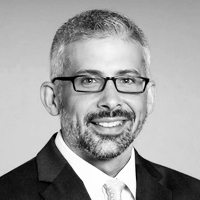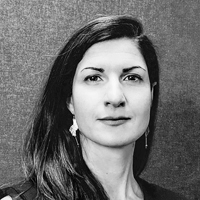Question
Are there particular professions that are inherently more susceptible to voice disorders?
Answer
Some occupations are more at risk for developing a voice disorder than others. This risk may depend on the amount of talking required (vocal load), the intensity of voice use, and/or the work environment (Phyland & Miles, 2019). High-risk professions include, but are not limited to teachers, performers, clergy, lecturers, receptionists, and group fitness instructors. Teachers in particular are highly susceptible to voice problems given the sheer amount of prolonged and projected voice use in the classroom (Roy et al, 2004). If you are unsure of your patient’s vocal demands, map out their daily activities. It can be an eye-opening experience, and also provide guidance as to how much of the acquired voice problem may be associated with your patient’s vocational voice use and requirements.
Professions requiring high levels of voice use are growing, however asking a patient to rest their voice for long periods of time may not be possible. In addition, the patient may already feel increasingly limited by their voice disorder both at work and in social settings. Rather, the patient should be encouraged to alter their style of speaking and develop more efficient use of voice with less stress on the mechanism. This alteration should enhance vocal stamina and quality, while reducing stress on the vocal injury. A multitude of voice therapy strategies train the patient to enhance airflow and resonance in the context of speech. In addition, training supportive strategies such as modifying the environment (e.g., lowering background noise, slowing down, and/or using a personal amplification device) can also be helpful in facilitating recovery in spite of a vocally taxing job.
Refer to the SpeechPathology.com course, 20Q: Putting Research into Practice: Application of Voice Science In the Therapy Room, for more information on evidence-based treatment strategies and principles for patients with voice disorders.


